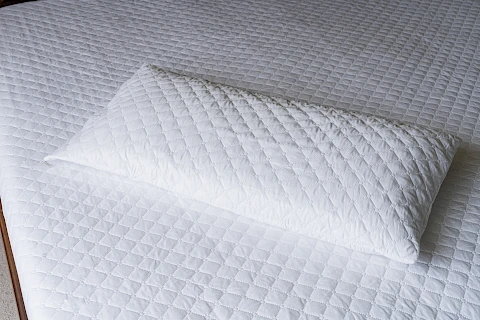
As Alzheimer's disease progresses, it brings along various challenging symptoms, one of which is incontinence. This issue can significantly impact the quality of life for seniors and their caregivers. We understand the sensitivity and complexity of this issue. Today, our goal is to equip caregivers with practical strategies to manage incontinence in seniors with Alzheimer's while upholding their dignity.
Incontinence and Alzheimer's
Alzheimer's is a disease that gradually wears away an individual's memory and cognitive abilities. One common, unfortunate side effect is incontinence or the inability to control bladder and bowel functions. This is often due to a loss of function in the areas of the brain responsible for these controls. It's important to understand that incontinence is not the fault of the person experiencing it; it is just another symptom of the disease.
The Importance of Dignity and Respect
Incontinence can be a deeply embarrassing and difficult issue for seniors to handle. Such situations can lead to feelings of shame and frustration. As a caregiver, maintaining the dignity and respect of the individual is the first priority. That can mean assisting in the cleaning process without making a big fuss about it or providing reassurance that it's a normal part of their condition and nothing to be embarrassed about.
Choosing the Right Incontinence Products
Effectively managing incontinence requires using suitable products. There are many options available, from adult diapers to absorbent bed sheets, each designed to accommodate different levels of incontinence. The key is finding the right balance between absorbency, comfort, and ease of use. The right product can make a significant difference in the day-to-day management of incontinence.
Addressing Underlying Medical Issues
While incontinence is common with Alzheimer's disease, there may be other underlying medical problems contributing to the issue. Regular medical check-ups can help identify and deal with such concerns. In some cases, medication may be necessary in managing incontinence symptoms. Consulting with a healthcare professional is essential in these situations.
Establishing a Toileting Routine
Creating a consistent toileting routine is a great way to manage incontinence in Alzheimer's patients. This involves scheduling toilet visits, typically every two to three hours during the day. A toileting routine can give the individual a sense of control and predictability, reducing anxiety around incontinence. Remember, patience and consistency are key.
Modifying the Home Environment
Simple modifications to the home environment can go a long way in managing incontinence. Make sure the path to the bathroom is free of obstructions, and consider adding night lights to allow easy access during the night. Using waterproof bedding and wearing easy-to-remove clothing can also simplify the cleaning process.
Trust Us for In-Home Memory Care
Incontinence is a challenging aspect of Alzheimer's disease, but it can be managed with patience and respect for the individual's dignity. If you need assistance looking after your loved one in Waxhaw, Monroe, Concord, Kannapolis, or Salisbury, we're here to help. Contact us today, and allow our knowledgeable and compassionate staff to provide practical solutions and support to improve your loved one’s quality of life.